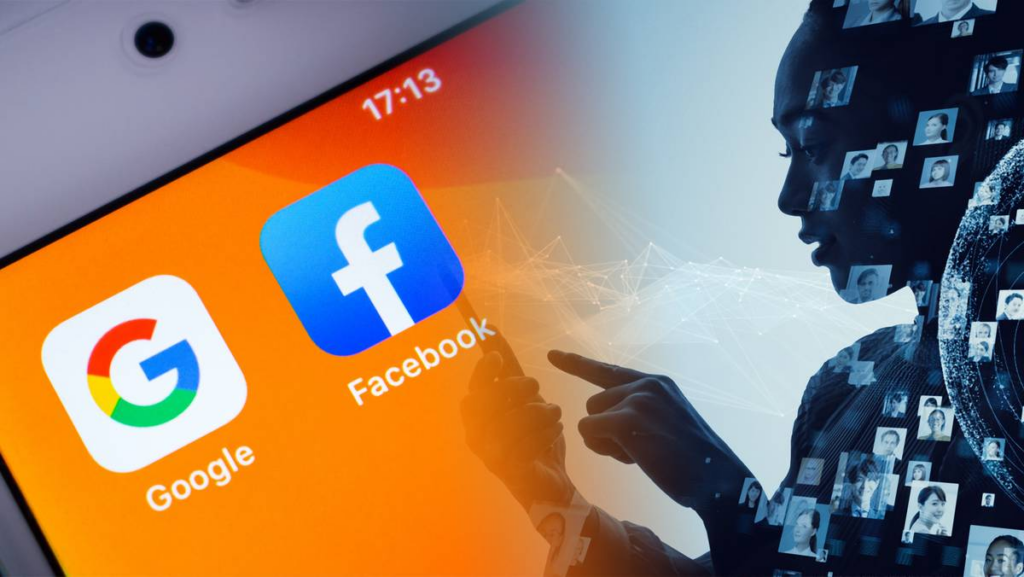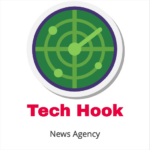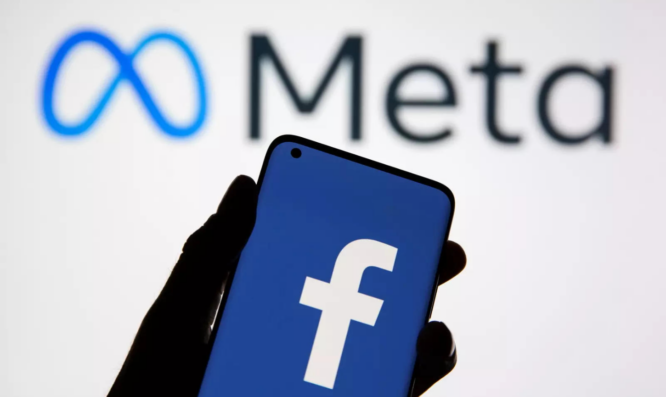Facebook claims its alive. Young people have been arguing for years that Facebook is for “old people,” but Facebook wants you to know otherwise.
Now that TikTok, its main rival, is under official inspection amid rising U.S.-China tensions, Facebook may be able to pitch itself as a local alternative.
Devin Walsh and others have moved on.
“I don’t remember my last login. Walsh, 24, a Manhattan public relations professional, claimed it must have been years ago.
She checks Instagram, owned by Facebook parent Meta, five or six times a day. She spends an hour a day scrolling on TikTok, letting the computer identify stuff “I didn’t even know I was interested in.”

Walsh can’t picture reusing Facebook, which she joined in 6th grade.
There are 3 billion people on Facebook. In many cases, they are rather elderly.
“Branding, right? Walsh stated, “When I think of Facebook, I think ugh, like cheugy, older people, like parents posting pictures of their kids, random status updates and also people fighting about political issues,” using the Gen Z phrase for uncool stuff.
The hip pre-iPhone social networking site is approaching 20 years old. For those who came of age around the time Mark Zuckerberg established thefacebook.com from his Harvard dorm room in 2004, it’s been irrevocably baked into daily life—even if it’s faded into the background.
Facebook has a peculiar problem. 3 billion people visit it monthly. That’s over a third of humanity. 2 billion login daily. After 20 years, it still struggles for relevance and survival.
It’s not for middle schoolers or those who joined up in middle school. Without this trend-setting group, Facebook, parent company Meta’s major income generator, risks becoming boring like email.
Not always. Facebook was the cultural touchstone, cited in everyday discussions and late-night TV, and even the subject of a Hollywood movie for over a decade. The cool kids abandoned MySpace, which started a year earlier, for Facebook. MySpace’s 2005 sale to staid News Corp. didn’t help.
“It was this weird combination…no one knew how technology worked, but we all needed to become mini coders to have a MySpace. So stressful.” Moira Gaynor, 28, said. Perhaps that’s why Facebook took off. Because compared to MySpace it was this gorgeous, integrated, great interaction area that we didn’t have previously and really needed after fighting with MySpace for so long.”
Zuckerberg, a visionary, refused to sell Facebook and led the mobile revolution. While some alternatives emerged—remember Orkut?—they typically petered out as Facebook climbed, apparently unstoppable despite privacy issues and a failure to handle hate speech and disinformation. 2015 saw a billion daily users.
Debra Aho Williamson, an Insider Intelligence analyst who’s studied Facebook from its early days, says younger users are dropping but doesn’t anticipate Facebook going anywhere soon.

Facebook’s 20th anniversary shows Mark’s collegiate progress. “It’s amazing,” she said. It’s powerful globally.
AOL was once dominant, but its user base has aged, and today an aol.com email address is just a joke about technologically ignorant older folks.
In an interview with The Associated Press, Facebook CEO Tom Alison sounded upbeat about the platform’s intentions to attract young adults.
“We used to have a team at Facebook that was focused on younger cohorts, or maybe there was a project or two dedicated to coming up with new ideas,” Alison added. “About two years ago we said no — our entire product line needs to change and evolve and adapt to young adults.”
“Social discovery,” he says.

“It’s driven by what the next generation wants from social media. Alison added, “We want Facebook to be the place where you can connect with the people you know, want to know, and should know.”
It relies on AI. Like TikTok, Facebook hopes to utilize its tremendous technologies to win back young adults’ hearts and eyes. Facebook and Instagram users get TikTok-like reels as they check in. Private texting, too.
“What we are seeing is more people wanting to share reels, discuss reels, and we’re starting to integrate messaging features back into the app to again allow Facebook to be a place where you discover great things that are relevant to you, but you share and discuss those with people,” Alison said.
Facebook has refused to share user demographics, which would reveal its performance among young adults. However, outside researchers report a decline. Teenagers are also recruited, but Facebook appears to have scaled back due to mental health concerns.
Young people influence communication’s future. Young folks flocked toward Facebook, basically. “And we see that happening with pretty much every social platform that has come on the scene since Facebook,” Williamson added. Insider believes that half of TikTok users are 12–24 this year.
Williamson doesn’t see this trend reversing, while Insider’s forecasts only stretch until 2026. Slow decay. The research company anticipates 28% of U.S. Facebook users will be 18–34 that year, compared to 46% for TikTok and 42% for Instagram. 12-17-year-olds had higher numbers.
I think they should stop being sociable. That’s gone. But why not? said San Diego-based government worker Gaynor. Marketplace’s great. I bought most of my furnishings after moving.”

